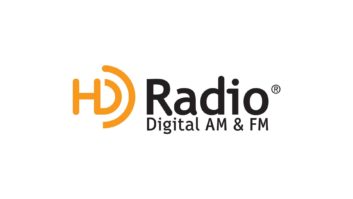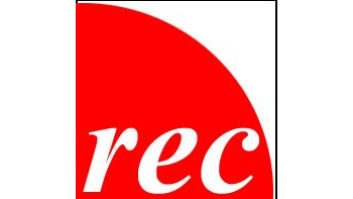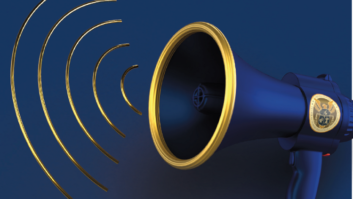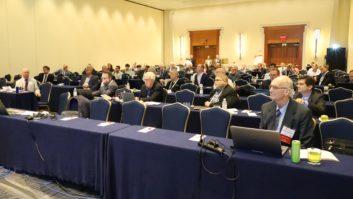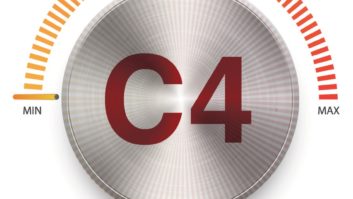
Opposition to the FM IBOC power increase is trickling into the commission.
Theoretically, May 10 is the date FM HD Radio stations can implement a 6 dB digital power increase without asking for an STA. As I’ve reported, that date is dependent on what happens with oppositions and OMB publication.
Publication of the power hike decision in the Federal Register also triggered a window in which opponents can ask that the commissioners themselves review the Media Bureau’s order. The 30-day public notice period ends on May 8, a Saturday, so petitions for reconsideration and applications for review are due the next business day, Monday May 10. So far there has been one application for review filed and one additional comment. More may be filed by the deadline.
The additional comment comes from Leroy Granlund, who writes that the procedures spelled out in the power increase order to mitigate analog FM interference are “unrealistic and impractical” and the increase will be too expensive for most FMs, especially for those participating in a community antenna system. He is an advocate for antenna changes to help stations achieve more digital coverage, rather than a power increase.
I’ve reported that Jonathan Hardis, a NIST employee who filed as a private citizen, opposes the increase. He says the Media Bureau exceeded its authority in allowing the hike. I’ve written about Hardis before, and he continues to participate in NRSC meetings, I confirmed while I was in Vegas.
NPR opposed the Hardis application for review, saying in an April 23 filing that the order falls within the Media Bureau’s authority to act for the commission “in matters pertaining to the development of radio and, in particular, the development of HD Radio. As directed by the commission, the bureau conducted an extensive notice and comment proceeding before issuing the order, and there is no legal obligation to solicit additional comment on the NPR Labs” IBOC study, the organization wrote. NPR also said there’s no legal or policy justification for granting the review based on a pending petition for reconsideration of a prior FCC decision. In his April 28 counter, Hardis argues that NPR is wrong.
Meanwhile, iBiquity is asking the FCC for more time to respond to opposing petitions, to avoid duplicative efforts. In its April 22 letter, iBiquity said one petition for reconsideration had been filed but “iBiquity believes others will be filed before the May 10 … deadline.”
According to iBiquity, commission rules state that if one party files a petition for reconsideration and someone else files an application for review, the FCC must wait to act on the review until it has acted on the petition for recon. IBiquity has asked the commission to give it until May 25 to answer all opposition filings.
Hardis opposed an extension, saying “It would be just as efficient to answer [opposition filings] according to the deadlines in the commission’s rules rather than to put them off.”
Somehow I don’t think the commission will reverse the Media Bureau’s power increase decision, given that it’s trying to support radio’s digital transition.






